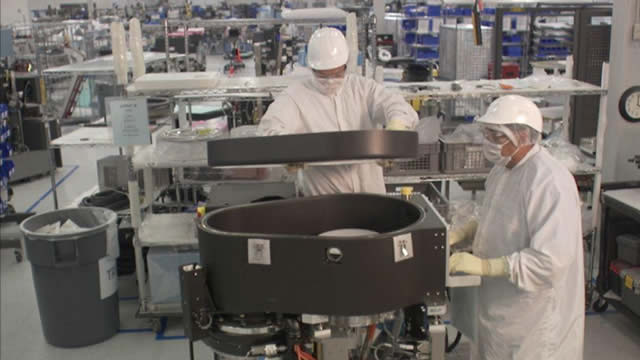A Sip of Reality: How Tariffs Affect Coca-Cola and You
Once upon a time, in a world not so different from ours, the CEO of the world’s most popular beverage company, James Quincey, pondered over the implications of tariffs on Coca-Cola. While sipping on a fizzy beverage, perhaps a Coke, Quincey shared his thoughts with the curious world.
Impact on Coca-Cola
Quincey acknowledged that tariffs could lead to increased production costs due to higher raw material and transportation expenses. “We have to pay more for aluminum cans, for PET bottles, for glass bottles,” he explained. “We have to pay more for freight.”
Moreover, Quincey highlighted the potential for lower consumer demand, particularly in markets like Mexico, where tariffs could lead to higher prices for Coca-Cola products. “Mexico is a very important market for us,” he noted, adding that “it’s a market where we have a lot of production.”
A Ripple Effect: How It Impacts You
But what does all this mean for us, dear reader? Well, as consumers, we might see higher prices for our beloved Coca-Cola products. “If we have to pay more for our costs, we have to pass on those costs to consumers,” Quincey explained. “We’re going to pass on those costs as best we can.”
Additionally, some jobs in the industry could be at risk as companies look to offset these costs. Quincey acknowledged that “there could be some impact on employment,” but noted that Coca-Cola is working to minimize the impact on its workforce.
A Global Perspective
But Coca-Cola’s woes are not unique. According to a report by the National Retail Federation, tariffs could lead to higher prices for a variety of consumer goods, including food and beverages. “Tariffs on consumer goods would disproportionately impact American families, particularly low- and middle-income households,” the report states.
On a global scale, the World Trade Organization (WTO) warns that tariffs could lead to a global economic slowdown. The WTO’s Director-General, Roberto Azevêdo, stated that “the escalation of trade tensions is having a significant impact on the global economy.”
In Conclusion: A Bitter Pill to Swallow
So, there you have it, folks. Tariffs could lead to higher prices for Coca-Cola products and potentially impact jobs in the industry. And, on a larger scale, they could contribute to a global economic slowdown. But fear not, for Quincey and Coca-Cola are working to minimize the impact on consumers and their workforce. “We’re going to focus on what we can control,” he said, “which is the cost side.”
As we continue to navigate the ever-changing world of trade policies and tariffs, let us remember that the impact is not just felt by multinational corporations like Coca-Cola, but by us, the consumers, as well. So, let us raise a glass, perhaps a Coke, in solidarity and prepare for the potential price hikes. Cheers!
- Tariffs could lead to increased production costs for Coca-Cola
- Higher tariffs could result in higher prices for consumers
- Some jobs in the industry could be at risk
- Global economic slowdown is a potential consequence of tariffs





